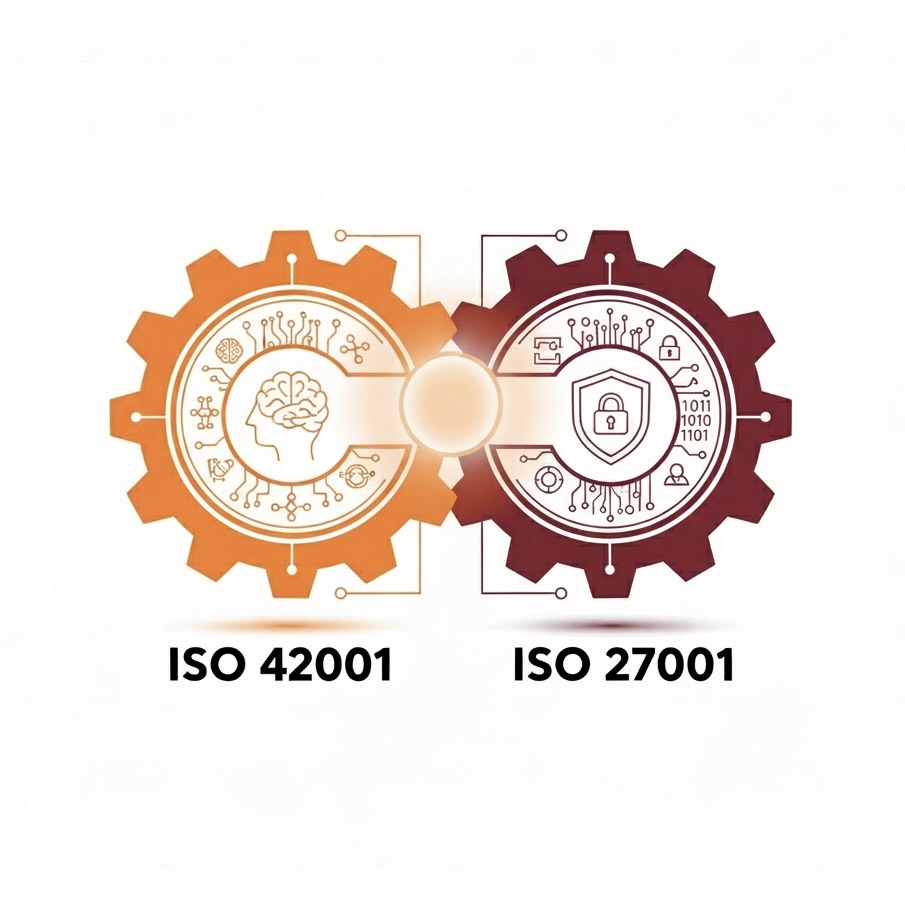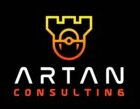Artificial Intelligence is now inseparable from the data it consumes. AI models can now make decisions, automate your workflows, and shape overall organisational outcomes. But, without proper oversight, these systems can introduce bias, reduce transparency, or create security vulnerabilities. Thus, organisations need governance frameworks that combine both data security and AI management.
This is where ISO/IEC 42001:2023, the world’s first Artificial Intelligence Management System (AIMS) standard, complements ISO/IEC 27001, the long-established Information Security Management System (ISMS) standard. Together, they provide a unified approach to AI risk management, Responsible AI compliance, and organisational governance.
ISO 27001 safeguards information assets. It provides a structured framework for risk assessment, access management, incident response, and continual improvement.
ISO 42001 builds on this foundation. It offers a dedicated AI governance standard that formalises AI risk management, AI impact assessments, and ethical oversight.
Integrating the two ensures organisations can secure both the data feeding AI and the decisions generated by AI systems. This can help build trust with customers, regulators, and stakeholders.

(Image Source: Google Gemini)
What is ISO 27001 vs ISO 42001?
ISO/IEC 27001 defines requirements for an ISMS to protect information assets. Its core includes risk-based controls, operational security, access management, encryption, continuous monitoring, and performance improvement.
ISO 42001 also draws on supporting standards such as ISO/IEC 22989, which define AI concepts and terminology. This ensures organisations speak a consistent language when managing AI systems.
ISO 27001 is widely recognised across industries as the benchmark for cybersecurity certification.
ISO/IEC 42001 is the first standard for Artificial Intelligence Management Systems (AIMS). It governs AI-specific risks, including bias, lack of transparency, unintended consequences, and accountability. It also covers leadership, planning, support, operations, performance evaluation, and continual improvement. Essentially, it mirrors the structure of ISO 27001, but applies it to AI systems and their societal implications.
If combined, ISO 27001 would secure the data that AI relies on, while ISO 42001 ensures AI systems behave ethically and transparently. This integration forms a unified AI governance standard.
Where They Overlap
ISO 42001 and ISO 27001 share a common management-system DNA that makes integration efficient:
- Plan–Do–Check–Act structure: Both standards follow a common framework. These are aligned clauses on leadership, planning, operation, and improvement.
- Risk-based planning: ISO 27001 addresses information security risks. On the other hand, ISO 42001 extends this to AI-specific risks. This helps in enabling unified AI risk management.
- Leadership and governance: Top management involvement is required in both standards. This helps ensure that policies are approved, responsibilities are assigned, and resources are allocated.
- Training and awareness: Staff are trained on cybersecurity under ISO 27001 and AI ethics, bias mitigation, and transparency under ISO 42001.
- Performance evaluation: Metrics, audits, and corrective actions can be consolidated across both standards. This reduces duplication and operational overhead.
These overlaps mean organisations with ISO 27001 already have much of the structure needed to adopt ISO 42001.
Where They Differ
ISO 42001 introduces governance dimensions not covered in ISO 27001:
- AI lifecycle governance: ISO 42001 addresses the full lifecycle of AI systems. This includes everything from data collection and model development to deployment, monitoring, and retirement.
- Bias and fairness: Organisations must implement processes to detect and reduce bias in datasets and models.
- Transparency and accountability: ISO 42001 requires the documentation of AI decision-making and disclosure to stakeholders affected by these decisions.
- AI impact assessments: Formal evaluations assess potential harms, unintended consequences, and societal impacts.
- Stakeholder focus: ISO 42001 provides accountability beyond organisational assets to customers, third parties, and the public.
- ISO 42001 also draws on supporting standards such as ISO/IEC 22989, which define AI concepts and terminology. This ensures organisations speak a consistent language when managing AI systems.
In short, ISO 27001 focuses on securing information. However, ISO 42001 ensures AI systems operate ethically, transparently, and in alignment with societal expectations. Together, they form a comprehensive AI governance standard.
Benefits of Integrating ISO 42001 with ISO 27001
Integrating ISO 42001 with ISO 27001 provides:
- Efficiency: Shared policies, audits, and risk registers reduce duplication.
- Comprehensive risk coverage: Security risks and AI-specific risks like bias, explainability gaps, and model drift can be tracked together, with recurring AI impact assessments built into ISMS processes.
- Regulatory readiness: This integration aligns with frameworks like the EU AI Act, NIST AI RMF, and AI Verify.
- Enhanced trust: It reflects the Responsible AI compliance to regulators, customers, and partners.
- Operational resilience: Extends ISMS controls (IAM, encryption, secure SDLC) to AI workloads, and integrates AI-specific incident response for model drift, harmful outputs, and prompt injection.
Integration allows organisations to manage both data and AI systems effectively, ensuring Responsible AI compliance while reducing operational complexity.
Conclusion
ISO 27001 and ISO 42001 are complementary standards. One protects information assets, the other governs AI systems. Integrating them creates a unified Artificial Intelligence Management System (AIMS) that operationalises Responsible AI compliance and AI risk management alongside mature security controls.
Organisations can extend existing ISMS frameworks to AI by adding policies, operational checks, risk assessments, and performance metrics.
In an era where AI and data are inseparable, a unified ISO 42001 + ISO 27001 program is both a strategic advantage and a governance necessity.

